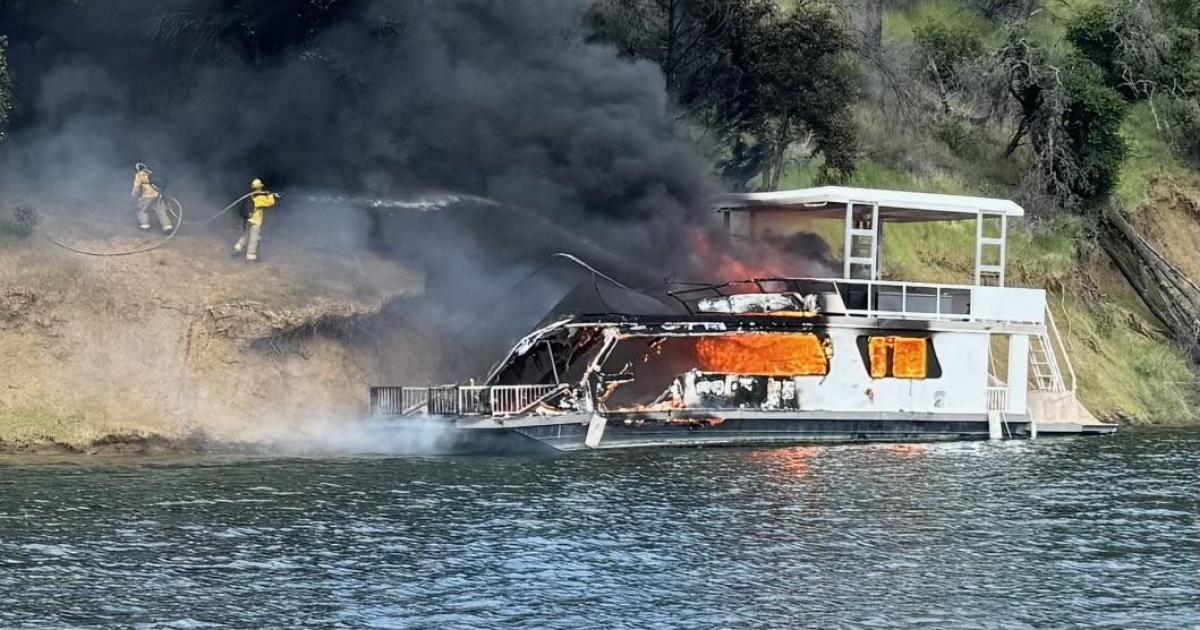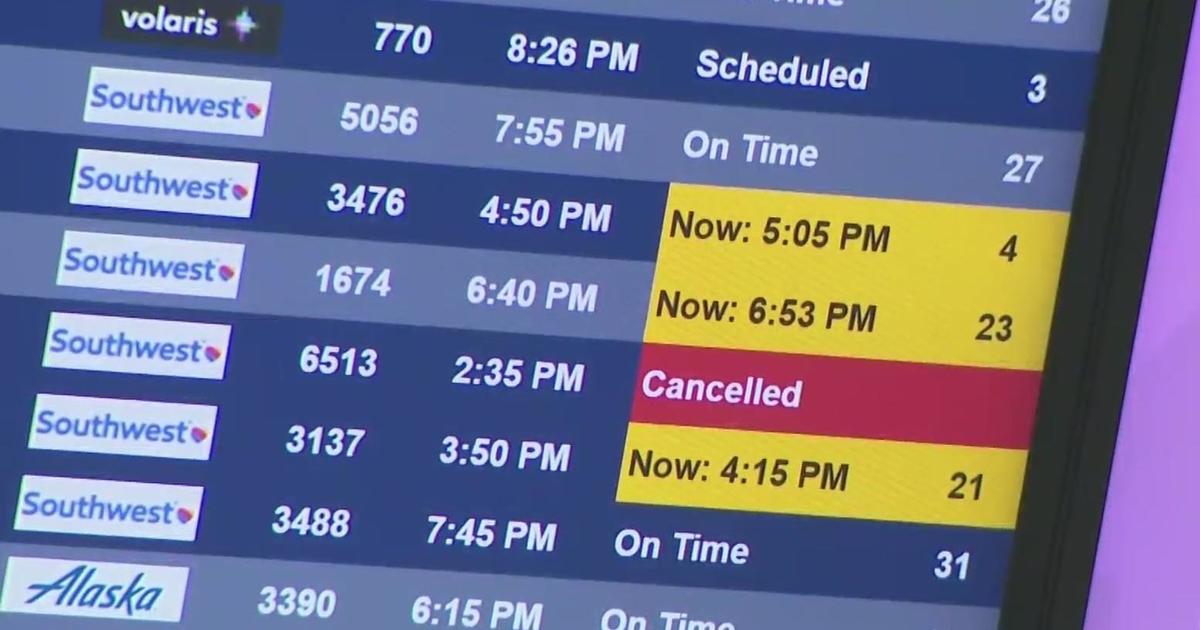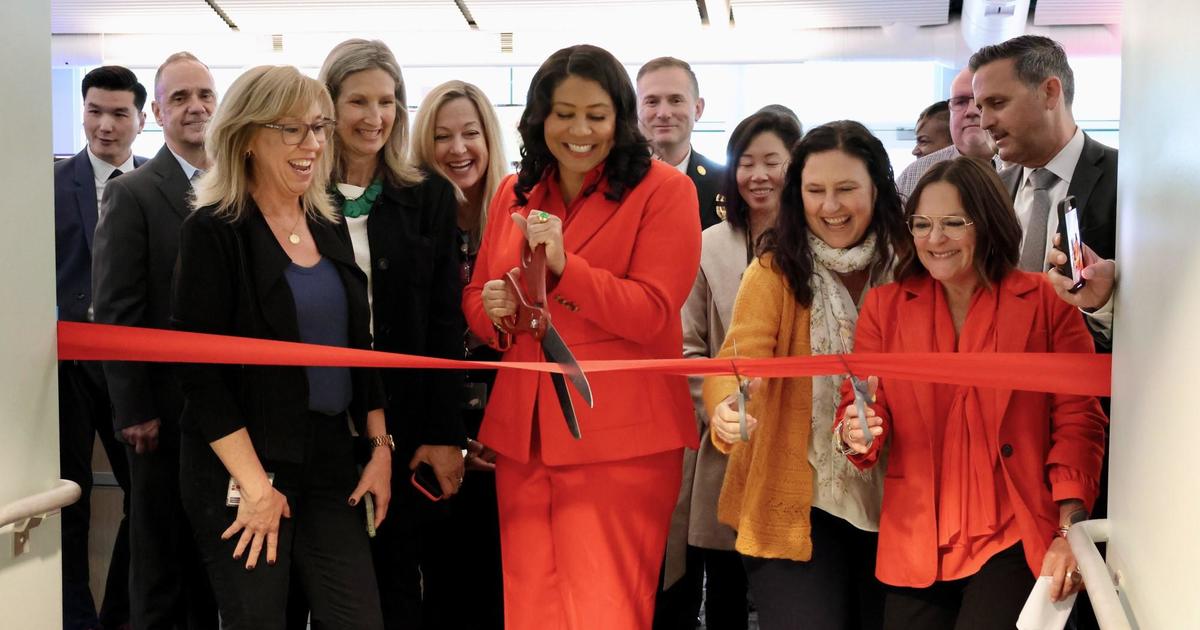Sen. Alex Padilla, San Jose Mayor Liccardo Discuss Funding For Bay Area From $1 Trillion Infrastructure Deal
WASHINGTION (BCN) – With the U.S. Senate approving an infrastructure bill this week, California is poised to receive billions of federal dollars, Sen. Alex Padilla said Wednesday.
The $1 trillion bipartisan legislative package still needs approval though from the House of Representatives before the money makes its way to the state.
Padilla, who was joined by San Jose Mayor Sam Liccardo and San Diego Mayor Todd Gloria for a Wednesday news conference, said he was thrilled with what the funding could do.
"With the package that's been approved already, California stands to receive tens of billions of dollars to upgrade physical infrastructure, improve public transit and secure safe clean drinking water," Padilla said. "California knows all too well these investments couldn't come soon enough."
For Californians, Padilla said the priorities were health care -- as the COVID-19 delta variant spreads -- economic recovery and climate change as the state faces another drought and more wildfires.
Padilla specifically pointed to a new federal program that aims to electrify the nation's school bus fleets to make the switch from diesel to zero-emission buses.
"That's great for the environment, great for public health, and great for academic performance because healthy children learn better," he said.
The senator also highlighted grants that cities can apply for to weatherize essential infrastructure and to be better prepared for drought and wildfires.
Liccardo said for San Jose and the Bay Area, these grants are critical.
"Certainly, we recognize, as so many do, that investments in rail, in water infrastructure, in grid resilience, in climate, mean jobs," Liccardo said. "And that's the pathway for us to an equitable economic recovery."
He said his South Bay city could apply for grants and secure funding from the $5 billion in the bill that will go to harden the electrical grid to offset wildfire threats to power and $8 billion going toward water infrastructure.
The mayor said if given the money he would like to quadruple the amount of recycled groundwater San Jose produces, which is currently at 8 million gallons a day.
"Groundwater recharge could be a great way for us to recycle water to be able to expand our supply and do it in a way that's environmentally sensitive," Liccardo said.
"And it couldn't come at a better time," Liccardo said as Santa Clara County and much of the state deals with harrowingly low reservoir levels and a serious drought.
Infrastructure bill funding could also ensure that San Jose gets enough money for the BART extension, which would carry more than 100,000 riders from the city's Diridon Station to San Francisco, Oakland and the rest of the BART system.
"Diridon station (would) ultimately become the busiest multimodal facility in the region with seven different transit lines," Liccardo said, highlighting that BART extensions could also connect San Jose-based employees to more affordable housing in the Central Valley.
In line with the bill's transit-oriented goals, San Jose could also receive funding from the $5 billion in the bill allocated to Vision Zero projects, which seek to stop pedestrian and car-related deaths with the installation of flashing pedestrian beacons, protected bike lanes and signal upgrades, among other things.
Another important aspect of the infrastructure bill to Liccardo is the funding to close the digital divide.
He pointed to the federal and local funding in the last two years that enabled San Jose to serve more than 100,000 residents -- many of whom are low-income -- and connect them to free community Wi-Fi in their own homes.
"We are planning to expand that to more serve more than 300,000 San Jose residents by next year," Liccardo said. "And this investment of funding from the federal government will be critically helpful."
So, with infrastructure bill funding, 27 percent of Californians -- more than 10 million people -- will be eligible for the affordable connectivity benefit program that provides discounts of up to $50 per month on broadband bills.
"And that's so critical because we know cost is the primary obstacle," Liccardo said.
The affordable connectivity benefit program is also just one of many programs outlined in the bill that seek to improve broadband services and access, for which the Senate has set aside more than $100 billion.
For Padilla, the uniting thread in the infrastructure bill and his emphasis is on equity, he said.
"Far too often, the communities that are most impacted from environmental impacts are least invested in or see less opportunities when it comes to significant infrastructure investments," Padilla said.
It is unclear when the bipartisan infrastructure bill will be voted on by the House.
© Copyright 2021 CBS Broadcasting Inc. and Bay City News Service. All Rights Reserved. This material may not be published, broadcast, rewritten or redistributed.



